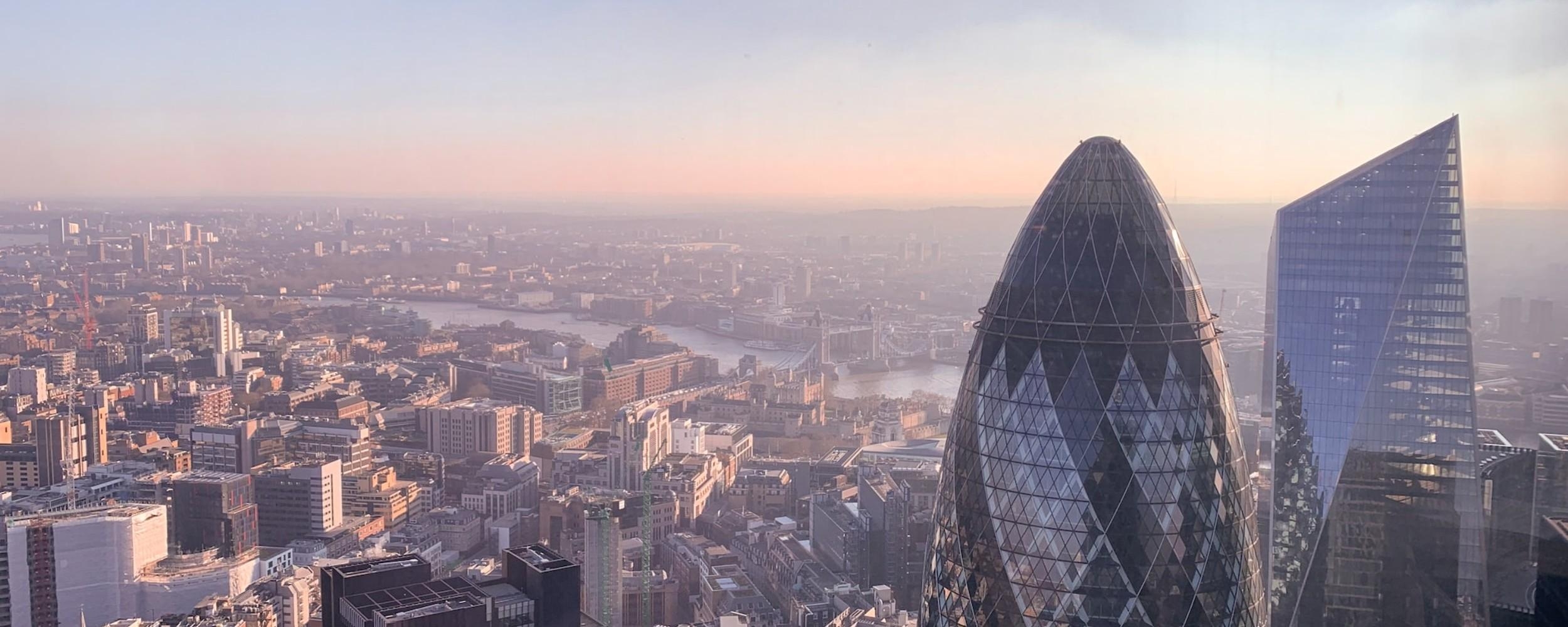Interview Guide
Morgan Spencer Interview Guide (2026 Edition)
Confident. Prepared. Ready to perform.
- Be On Time — Digitally and In Person
Punctuality still matters but the landscape has changed.
For in‑person interviews:
Plan your route using Google Maps, Citymapper, TfL or your preferred app.Check live travel updates — London transport changes quickly.Aim to arrive 10 minutes early.If you’re unsure of the building layout, do a virtual walk-through on Google Street View.
For virtual interviews (Teams, Zoom, Meet):
Check your camera, microphone, Wi‑Fi 10–15 minutes beforehand.Ensure your background looks professional and your lighting is clear.Login a few minutes early so you're ready the moment the interviewer joins.
- Prepare Like a Pro
Great preparation is still the number one differentiator.
Know the roleUnderstand the job description, key responsibilities and required skills.
Research the companyVisit their website, check recent news, read their values, culture and social channels.
Connect your valueThink: How will I help them solve problems, add value, or make things easier?
Anticipate questionsPrepare examples using STAR (Situation, Task, Action, Result). We also have a list of competency questions you can download.Practice out loud — or book free 1‑to‑1 coaching with Morgan Spencer.
- First Impressions Count (On Screen & In Person)
Whether face-to-face or virtual, the fundamentals stay the same:
Dress smartly — a blazer, shirt or clean professional outfit always works.Keep makeup and accessories clean, simple and polished.Avoid heavy fragrance.Smile, make eye contact, and speak clearly.Remember: interviewers form their first impression in the first 10 seconds, not 10 minutes.
- Sell Yourself with Confidence and warmth (Not Scripted Answers)
The Robots are already here within the recruitment process with CV sifting, algorithms, testing but the interview itself is still human led.
Today’s interviewers are looking for authenticity, clarity and confidence.
Be warm, engaged, and conversational.Avoid slang — but be natural.Share specific examples of achievements, not vague statements.Show curiosity: ask smart, thoughtful questions.Remember you are evaluating them too.
- 2026 Do’s and Don’ts
Do
Sit confidently with relaxed, open posture.Keep answers clear, concise, and honest.Use the interviewer’s name in moderation.Explain job changes positively (“I’m looking for growth”, not “I hated my manager”).Ask questions about culture, the team, success measures, and next steps.Show enthusiasm and appreciation for their time.
Don’t
Criticise past employers, colleagues or recruiters.Interrupt — but do ask for clarity if needed.Eat, chew gum or smoke before virtual interviews.Read from a script — especially in online interviews.Discuss promotions too early. Focus on this role, not the next one.
- Smart Questions You Can Ask
“What does success look like in the first 3–6 months?”“What are the biggest priorities for the person in this role?”“How would you describe the culture of the team?”“Why has this role become available?”“What does the onboarding process look like — virtual or in‑person?”“What are the next steps?”
If your mind goes blank, it’s perfectly okay to say:You have covered everything and its sounds a great opportunity.
- You are Not Alone and we are Here to Help
Morgan Spencer has been supporting job seekers across London for 25 years, and we’re here to help you prepare, practise, and perform.
If you’d like personalised 1‑to‑1 interview coaching, just ask — we are always happy to support you.
